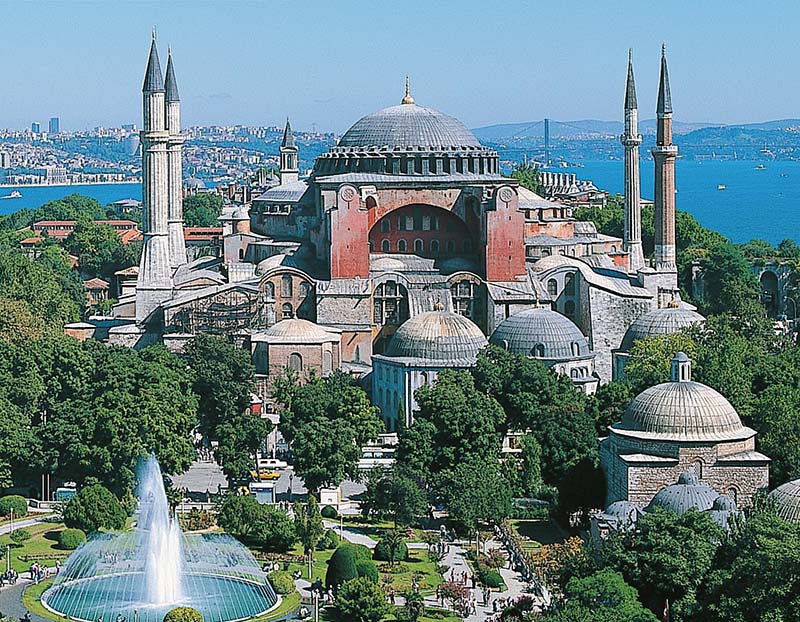Turkish and Anatolian Culture




📖 Language & Literature
Turkish is a member of the Turkic language family and has evolved over centuries, absorbing elements from Arabic, Persian, French, and Italian. Its literary tradition spans from oral epic poetry and Sufi mysticism to modern novels and contemporary theater. Writers like Yunus Emre, Nazım Hikmet, and Orhan Pamuk offer a window into the soul of Turkish thought and emotion.
🌍 The Role of Geography in Culture
Turkey’s geography — bridging Europe and Asia — has made it a crossroads of commerce, culture, and conflict for millennia. Its landscapes range from Mediterranean coasts and Aegean olive groves to central steppes and eastern mountains. This diversity shapes not just local cuisines and dialects, but also worldviews, emphasizing adaptability and intercultural dialogue.